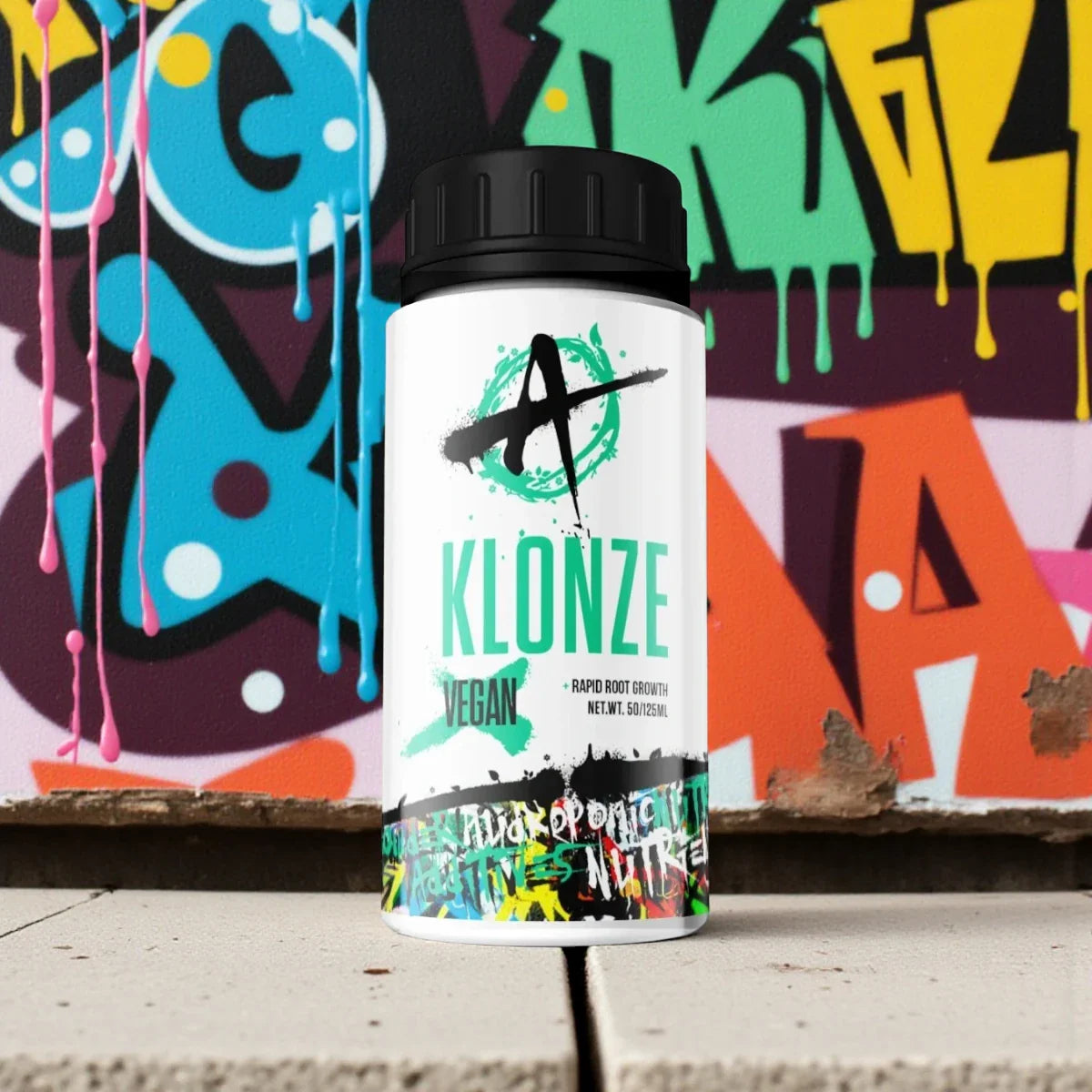Why Micronutrients Matter for Plant Health
Nutrifield’s micronutrient supplements are designed to address essential plant health needs by providing crucial trace elements required for optimal growth, resilience, and resistance to pests. While only needed in small quantities, these micronutrients are vital for biochemical and physiological processes that support plant structure and immune defenses. Understanding how Nutrifield’s micronutrient products work can help growers maximize plant strength and productivity.
1. How Micronutrients Work in Plant Physiology
Micronutrients play a critical role in various metabolic processes, enabling essential functions that keep plants healthy and resilient. They activate key enzymes, support protein synthesis, and reinforce cell structures, which together improve plants’ natural immunity and ability to withstand environmental stressors. Nutrifield’s formulations ensure these micronutrients are available in bioavailable forms for easy absorption by plants.

2. Key Micronutrients in Nutrifield Products and Their Benefits
Nutrifield’s micronutrient products contain a balanced mix of vital trace elements such as zinc, manganese, boron, copper, and iron. Here’s how each contributes to plant health:
- Zinc (Zn): Zinc is essential for protein synthesis and enzyme activation. It supports plant growth regulation, improves resilience to environmental stress, and enhances overall plant vitality.
- Manganese (Mn): Manganese is key in chlorophyll production and photosynthesis. It also provides antioxidant protection, helping plants withstand damage from high temperatures and intense sunlight.
- Boron (Bo): Boron stabilizes cell walls and improves plant structure. This micronutrient enhances plant durability, making plants more resistant to physical stresses and pest attacks.
- Copper (Cu) and Iron (Fe): Both copper and iron play critical roles in enzyme support and chlorophyll production. Their presence boosts photosynthesis and promotes steady growth, leading to more resilient plants.
3. Benefits of Nutrifield Micronutrient Products for Pest Resistance and Plant Strength
- Enhanced Plant Durability: Nutrifield’s micronutrients strengthen cell walls and improve the structural integrity of plants. Healthier, structurally sound plants are less vulnerable to pest attacks and disease.
- Support for Natural Plant Immunity: By ensuring optimal levels of essential trace elements, Nutrifield’s products help plants bolster their internal defenses. For example, manganese aids in producing defense enzymes, reducing the risk of fungal growth.
- Minimized Pest Damage: Healthy plants with a complete micronutrient profile are less attractive to pests, resulting in fewer pest-related issues. This is especially beneficial in sustainable farming practices where the use of pesticides is limited.

4. Why Supplementing Micronutrients Is Crucial for Plant Health
In hydroponic systems or soil that has been used for multiple growing cycles, micronutrient levels may be depleted, leading to weak plants susceptible to disease and low yields. Nutrifield’s micronutrient products address these deficiencies, supporting both the quality and yield of crops. Healthier plants that require fewer chemical treatments align with the goals of sustainable, environmentally friendly agriculture.
Conclusion: The Long-term Advantages of Nutrifield Micronutrient Products
Nutrifield’s micronutrient supplements offer a valuable boost to plant health, resilience, and pest resistance. By providing plants with the essential trace elements needed to reinforce their structures and immune systems, Nutrifield’s products promote long-term growth and productivity. Growers who incorporate these products can expect stronger plants, higher yields, and reduced dependency on chemical treatments, supporting both agricultural success and environmental sustainability.




